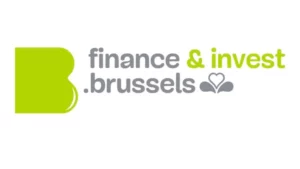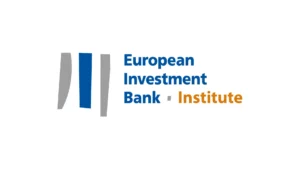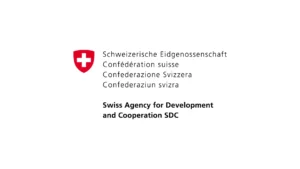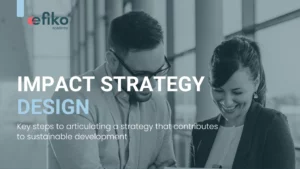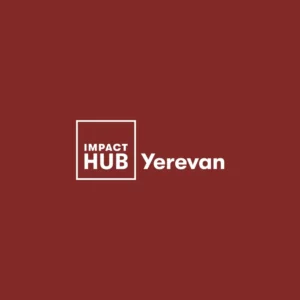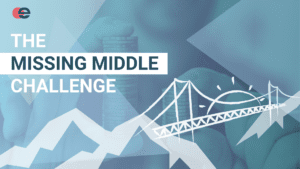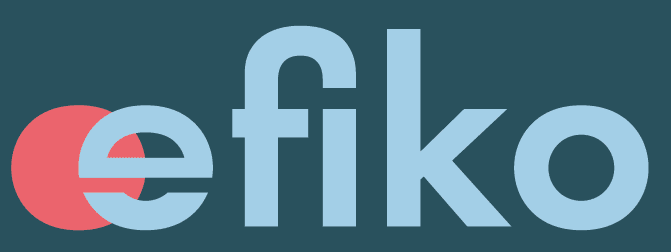Are you passionate about gender equality, climate action, quality education, no world hunger AND sustainable communities? Well it’s easy to get lost in the hype of tackling all 17 UN Sustainable Development Goals (SDGs).
Recently, Efiko Academy hosted a webinar titled “Maximising Impact: from Rhetoric to Reality” featuring Amanda Feldman and Jeremy Nicholls. Amanda Feldman expressed concern that choosing an SDG to tackle has become as simple as picking your favorite color. Such mainstream behavior may inhibit the positive impact organisations can have on society. So how do we combat this? How do we maximise our collective social impact in 2021 and beyond? Find the webinar here.
Here are three tips we picked up in the webinar on how to maximise impact in your organisation, whether you’re an investment firm or a non-profit:
“For 2021 – we choose the yellow SDGs”
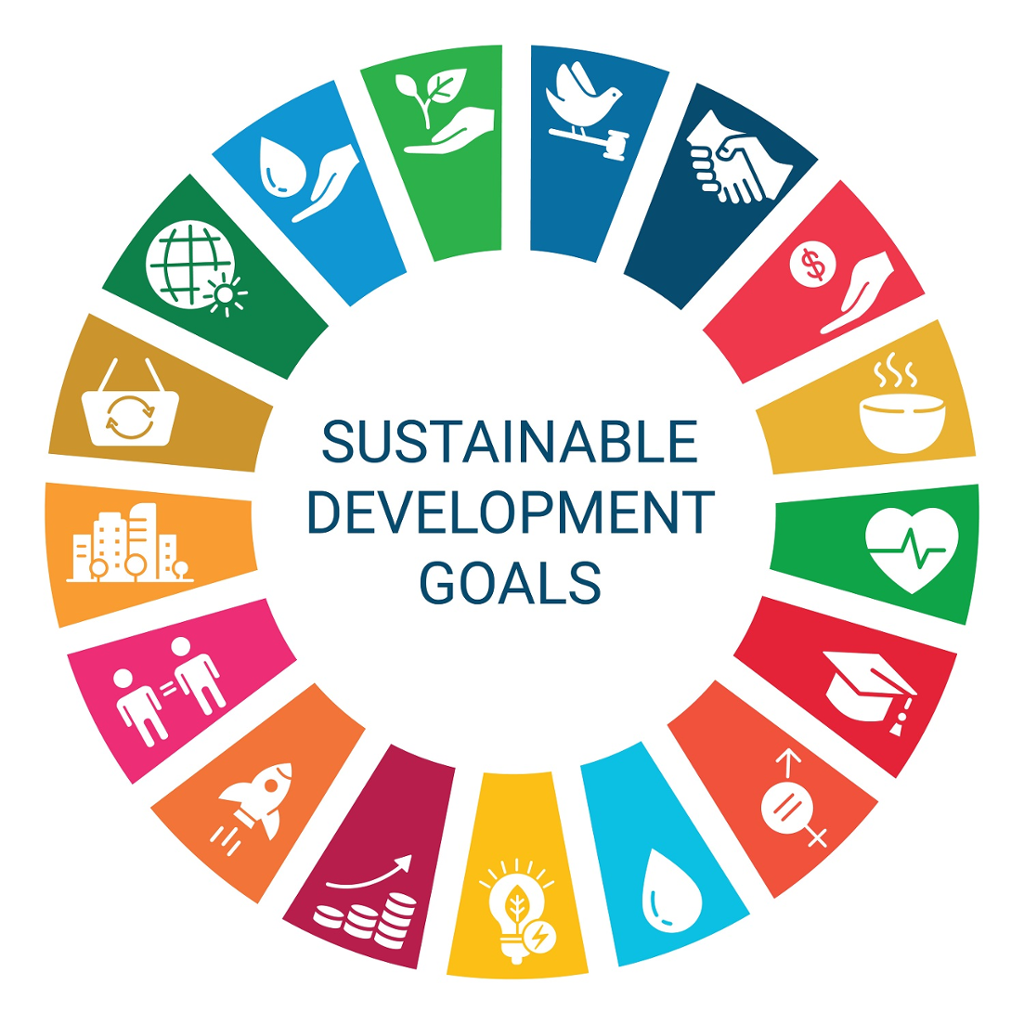
1. Recognise the good with the bad
First of all, there is a strong and growing need for transparency within firms.
This means being honest and acknowledging there can be both positive and negative impacts. Recognising this is the first step toward effective impact management.
Similarly when collecting data in your firm, there is the possibility of both good and bad data. To label data as good or bad one needs to consider the purpose for which it will be used. Data for internal decision-making for instance, doesn’t require statistical significance or perfect accuracy.
2. Assess Stakeholder Impact Risks (& Appetite)
Risk appetite is “the amount of risk, on a broad level, an organisation is willing to accept in pursuit of stakeholder value”.*
A large part of impact management involves determining a firm’s risk appetite. The challenge is that impact risk can hardly be assessed by managers without involving stakeholders. Indeed, while managers can readily appreciate financial risks and returns, estimating impact risks and returns requires a strong stakeholder-centric approach. Which leads us to the last tip…
3. Contribute to converging standards
Impact management is set to become mainstream. Much like the practise of financial accounting evolved over centuries, the practice of impact accounting is next in line to make its mark in history. Therefore, every organisation strategising impact goals should build upon the standards and best-practises resulting from decades of research and experience.
We should contribute to convergence of standards at a system-level. This is the safest route to realising the dream of widespread accountability for the positive and negative impacts of organisations on communities and the environment.

Here at Efiko Academy we are on a mission to foster convergence of best-practices and empower you with the knowledge and skills you need to maximise the impact of organisations. We invite you to check out our valuable online course developed in partnership with Social Value International on the topic of Impact measurement and management. Whether you are a beginner or already have some experience, this training will equip you with the confidence, skills and tools you need to perform stakeholder-informed impact assessments and compute the SROI of organisations.
*https://informaconnect.com/what-is-risk-appetite-and-how-does-it-differ-from-risk-tolerance/



